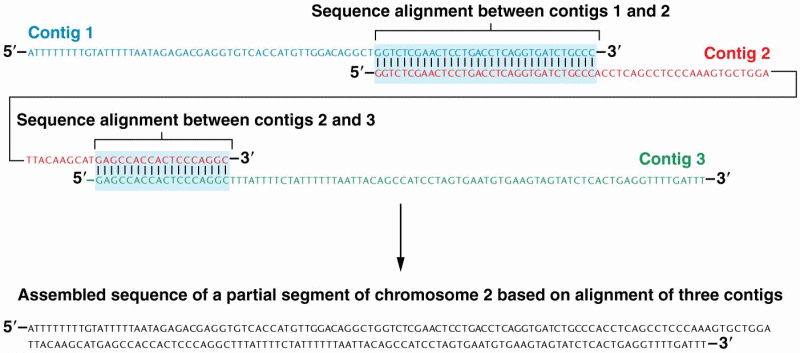|
|
|
The Romans did not use numerals to indicate fractions but instead used words to indicate parts of a whole.
Anesthesia awareness is a potentially disturbing adverse effect wherein patients who have been paralyzed with muscle relaxants may awaken. They may be aware of their surroundings but unable to communicate or move. Neurologic monitoring equipment that helps to more closely check the patient's anesthesia stages is now available to avoid the occurrence of anesthesia awareness.
After 5 years of being diagnosed with rheumatoid arthritis, one every three patients will no longer be able to work.
Barbituric acid, the base material of barbiturates, was first synthesized in 1863 by Adolph von Bayer. His company later went on to synthesize aspirin for the first time, and Bayer aspirin is still a popular brand today.
Cancer has been around as long as humankind, but only in the second half of the twentieth century did the number of cancer cases explode.







